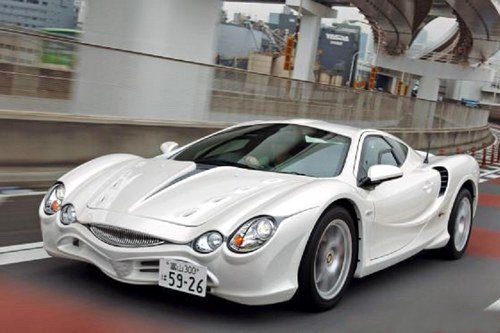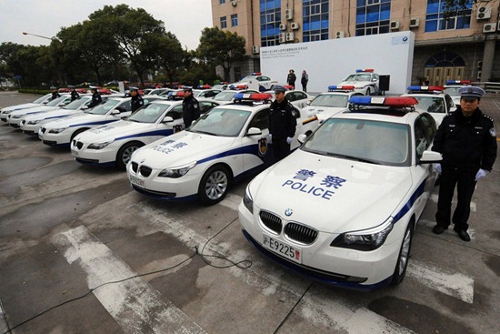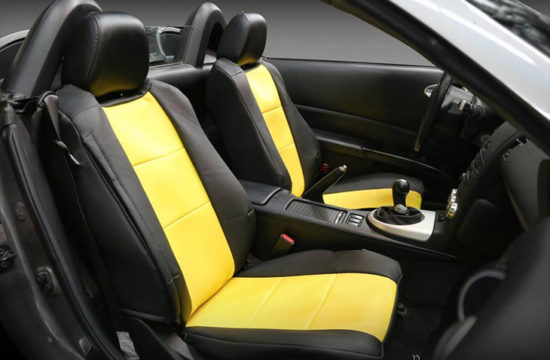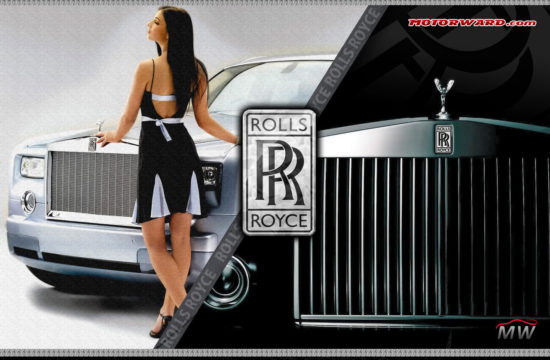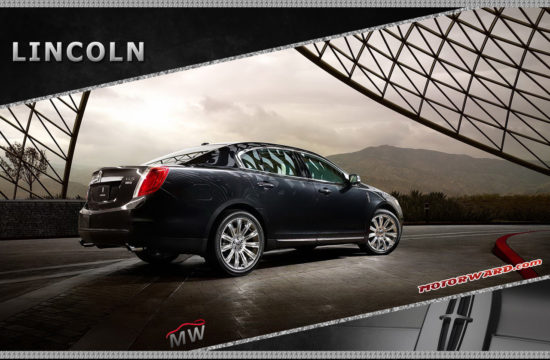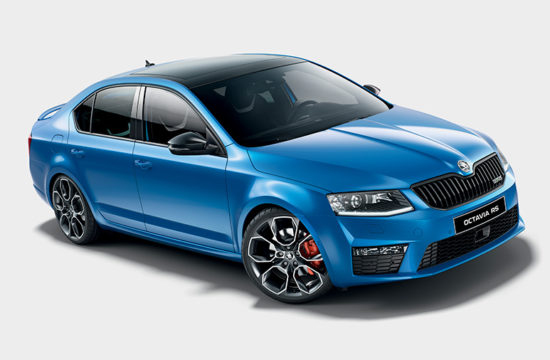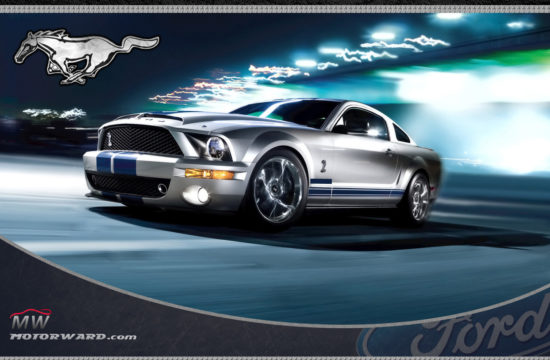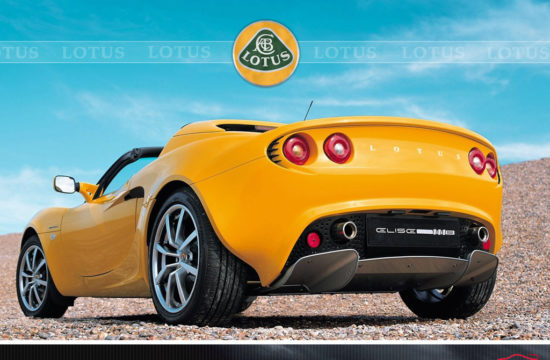In a country with as large a population as China, luxury car manufacturers have in recent years increased their showroom presence and marketing efforts to capture a slice of a growing market that has the potential to dwarf US or European high end vehicle sales, not just amongst China’s many millionaires, but also amongst communist party officials and other government bureaucrats.
With corruption rife and laws that protect party elites from scrutiny, buyers of luxury cars see no reason to curtail their expenditure, with some unofficial estimates saying the Chinese government spent over $15 billion on cars last year, though exact numbers of luxury and high end cars isn’t known.
So prevalent is the purchase of expensive foreign manufactured cars many activists are now photographing excess and uploading pictures of government owned cars to private websites and social media networks in an effort to encourage more accountability from civil servants. At the communist party headquarters in Beijing a frequently seen ultra-luxury vehicle is a chocolate brown Bentley Mulsanne with all gold trim and all the options rumoured to be worth $560,000.
Police in China are not immune from demanding expensive foreign built automobiles, apparently the top officials in the riot and crowd control police in Beijing also have Bentley cars, though theirs are blue, and can be seen entering and leaving the police headquarters building carpark. Shanghai police recently bought 22 BMW 5 series sedans for use during the 2010 World Expo, and Mercedes-Benz SUVs and Porsche Cayennes have been described as highly prized for police officers whose young children need to be transported safely to school rather than risk using overcrowded school buses.
Amongst middle ranking bureaucrats the Audi A6 priced between $50,000 to $100,000 is the most popular car ratcheting up more than 20,000 units sold in the last few years giving the car the reputation for being the unnofficial ‘official car’ of the communist party.
Using government bought luxury cars for official business might be understandable, however critics of the communist party say officials who have been allocated cars see their use as including personal trips to shops, family holidays, and even for use by spouses whilst officials are in the office working.
Whilst the extravagance of the Chinese communist party seems shocking, the habit of supplying officials with better quality things dates back to the 1940s when perks such as nicer houses, cars, lakeside holidays, and tailored clothing were allocated based on seniority. As China has embraced economic reforms, many party officials feel that imported cars, and especially imported luxury cars, allow them to maintain a level of status that competes with private business people.
China’s defence ministry isn’t immune, and is reported to own one or several black Maserati’s which retail for more than $300,000 per car. A popular joke in China is that generals need to be able to get to the frontline in any war quickly, and Italian supercars are the most efficient vehicle of choice. A cynic might comment that etting away from the frontline would be a better use for an unarmed and poorly armored fast car.

